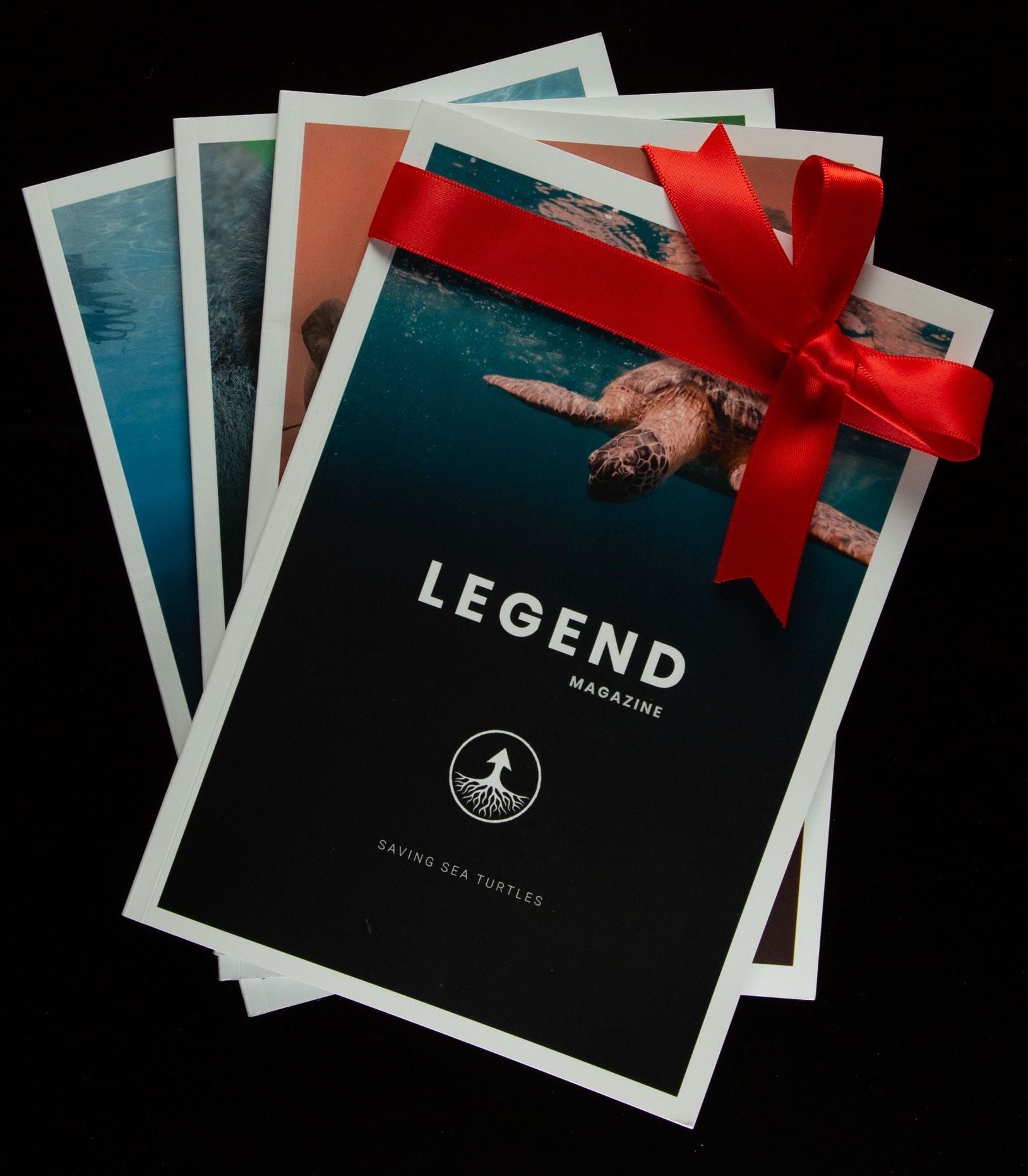

Basil is finally homebound. After 3 months of recovering at The Olive Ridley Project’s Rescue Centre, Basil has finally gained the strength to paddle out into the vast blue ocean. With his front flipper no longer swollen, there’s no stopping this little Olive Ridley sea turtle from once again diving into his world, his home. And he went on paddling, enjoying the gentle lapping of waves welcoming him home.
Trapped and Tangled

Back in May 2022, Basil was found trapped and tangled in a ghost net. His front flipper got caught in the net and he was struggling to stay afloat. He probably has been desperately trying to free himself for days. Wounded and exhausted, Basil was losing hope. Fortunately, someone spotted Basil and helped rescue him. Basil was taken to the Olive Ridley Project to get the medical care he needed. Luckily although he was deeply entangled, his wounds were not too deep and there was no bone exposure. He is indeed one lucky guy. Sadly, not everyone is as lucky as Basil.
Ocean Pollution
It is tragic what’s happening to our oceans all across the globe. Plastics are everywhere. Instead of the majestic blue, we find plastics, after plastics swimming in our oceans. About 40 percent of the world’s oceans’ surfaces are littered with plastics. With the current rate of how we use and discard plastics, it is estimated that by 2050, plastics will outweigh all the fish in the sea.
It’s a tragic reality for wildlife. Marine animals as well as seabirds often mistake plastics for food, therefore ingesting them. Yearly, thousands of sea turtles, seals, fish, whales and other marine mammals, and seabirds die from plastic ingestion or from getting trapped and entangled in plastic litter. If one needs a visual representation of just how serious the problem of plastics polluting our oceans, one would just need to google The Great Pacific Garbage Patch. It is the largest accumulation of plastics in the ocean and it is estimated to cover 1.6 million square kilometers. That is about 3x the size of France. At least 46% of the Great Pacific Garbage Patch is ghost nets.
Haunting Facts About Ghost Nets
Ghost nets are bad news for our coral reefs. As these ghost nets sink to the ocean floor, they block out necessary sunlight and they can smother the coral reefs. Ghost nets also bring along microorganisms and invasive species. We need to remember that we’ve already lost more than 50% of the worlds coral reefs. If they continue to decline, diverse marine life may be just a thing of the past.
Since most modern nets are made from nylon and other plastic compounds they can last for a very long time, spanning centuries. Ghost nets have been haunting our oceans. They drift with the currents and trap small marine animals in them which then attracts larger animals such as sharks, whales, dolphins, manatees, sea turtles and other marine animals and in turn they themselves can get tangled and trapped in these nets. Exhausted and starved from being trapped, many entanglements result to severe injuries and sadly death. This is indeed a grisly reality. Basil was just very lucky that somebody spotted him as he struggled to break free from a ghost net.
Bon Voyage Basil

Basil has fully recovered from his injuries and he is in good health and great spirits. The time has come for him to finally go back to the ocean. Enjoy this clip of Basil swimming home. Bon Voyage Basil!
A Fun Way to Help Save Sea Turtles
The Olive Ridley Project has been helping save sea turtles that have been trapped and tangled from ghost nets. Basil is just one among the many sea turtles they have rescued, rehabilitated and released back into the ocean.
If you want to help save more sea turtles like Basil, you can do so by donning the Sea Turtle Legend hat or the Sea Turtle Legend Bracelet. We have partnered with the Olive Ridley Project to help support their mission of removing plastic ghost nets from the ocean and saving injured sea turtles.


